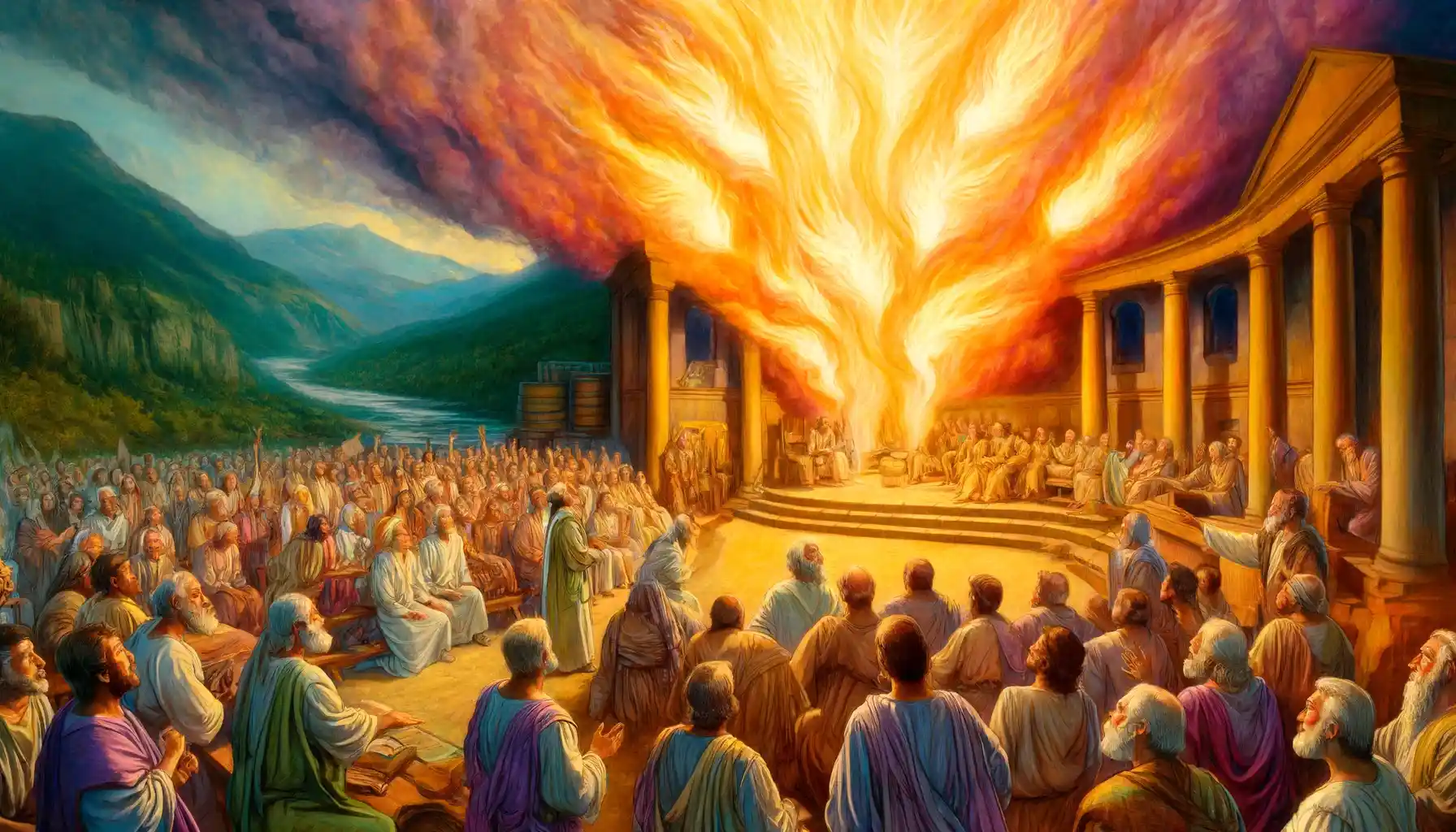The Book of Romans is foundational for understanding Christian doctrine, particularly Pauline theology, and remains a cornerstone for theological reflection and discourse within Christianity.
The Book of Acts is vital for understanding the development of the early Christian church and its teachings, serving as both a historical document and a theological treatise.
1 Samuel provides a rich narrative that not only recounts historical events but also offers profound lessons on leadership, obedience, and the complex interactions between divine providence and human agency.
Luke, a Gentile physician and companion of Paul, authored the Gospel of Luke and the Acts of the Apostles, providing a meticulous and compassionate account of Jesus’ life and the early Church, emphasizing the universality of the gospel, the role of the Holy Spirit, and concern for the marginalized.
The baptism of Jesus in the Jordan River by John the Baptist, as detailed in Matthew 3:13-17, encompasses profound theological themes such as obedience, righteousness, the revelation of the Trinity, the affirmation of Jesus’ messianic identity, and the foundational principles of Christian baptism, making it a cornerstone event in Christian theology and the initiation of Jesus’ public ministry.
The Ascension of Jesus Christ encapsulates his enthronement, fulfillment of divine promises, and the initiation of the church’s global mission, signifying a pivotal moment that bridges his earthly ministry with his heavenly reign and underscores the Christian faith’s eschatological hope and doctrinal foundation.






